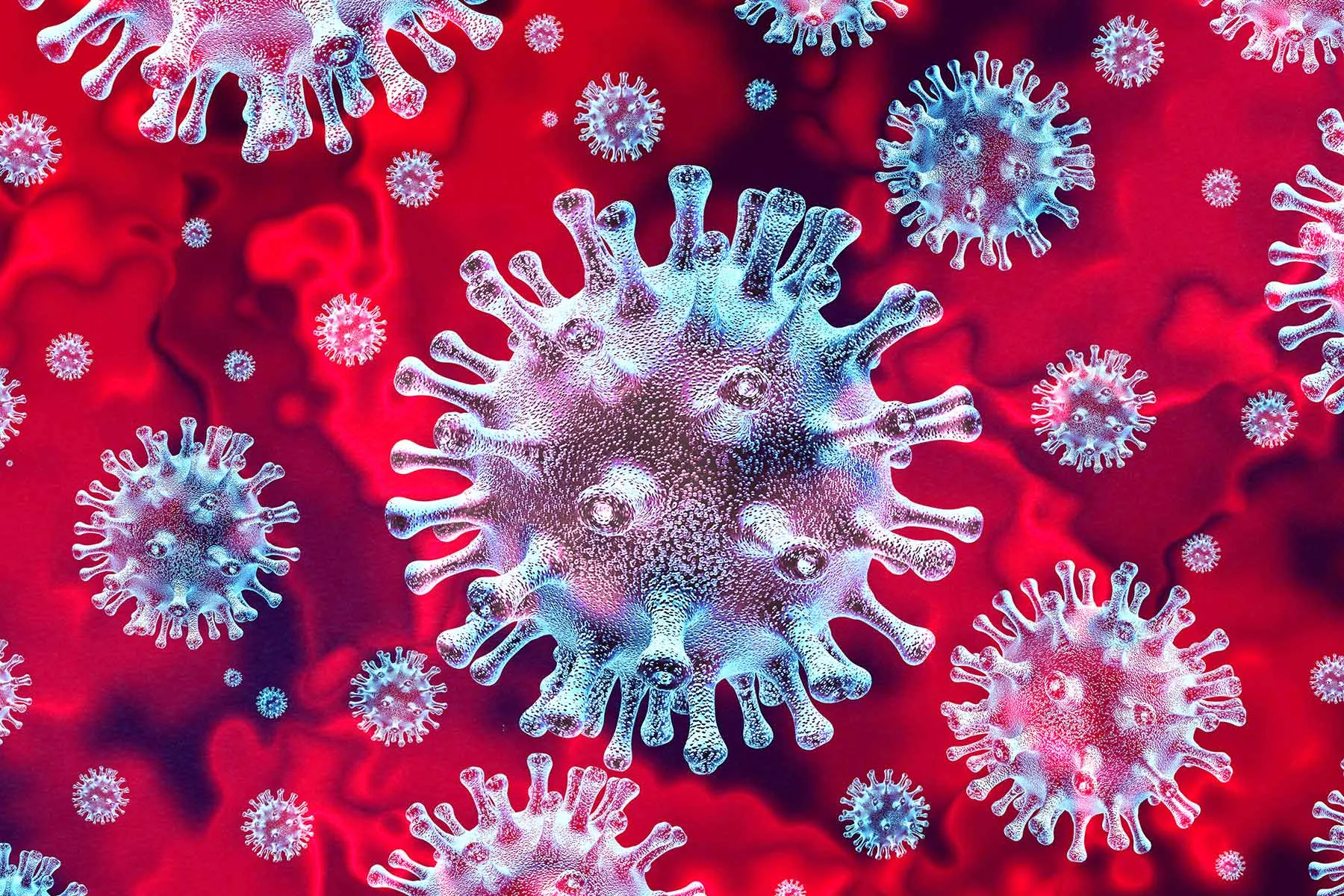I think the problem with this argument is that you seem to be looking for strong, peer-reviewed, robust, evidence that wearing masks works before mandating them anywhere in public. In normal circumstances, waiting for that kind of evidence would be a good approach. But we're in an emergency situation in which action needs to be taken quickly to stop people dying and, because it's a new virus, we don't have that body of carefully researched science and peer-reviewed findings about Covid-19 to tell us what to do. If we wait for that research to appear and be sufficiently robust before we take any action, then it would be too late, and potentially millions of people around the World will have died. So we have to do the next best thing, and take action based on what the relatively new science, combined with established knowledge about other virus and pandemics in general, appears to be telling us is likely to be a good move. That's why lots of countries imposed hugely disruptive lockdowns NOW, without waiting for robust peer reviewed research to tell them whether or not lockdowns would work. Governments and scientists had to make educated guesses based on what we know so far. And it's why the advice we are getting is fairly quickly evolving.
In the case of masks, we have something that isn't massively disruptive - certainly, nothing like as disruptive as social distancing - that looks likely to help prevent virus transmission at least a tiny bit, and quite possibly a significant amount. Given the urgent need to reduce transmission, it seems sensible to me to go ahead and mandate masks in some situations (such as public transport) even in the absence of stronger evidence. If we mandate masks (assuming we can actually produce enough of them - not much point otherwise) and it turns out that masks didn't work after all, then the only harm is a bit of inconvenience, and wasted expenditure buying them. If we don't mandate masks, but in 6 months time evidence shows that they actually are quite effective with Covid-19 (which is not certain, but a strong possibility) , then we've just caused quite a few thousand deaths and very likely resulted in the lockdown having to last a lot longer, with all the economic damage that entails.
Which way would you rather be wrong?





